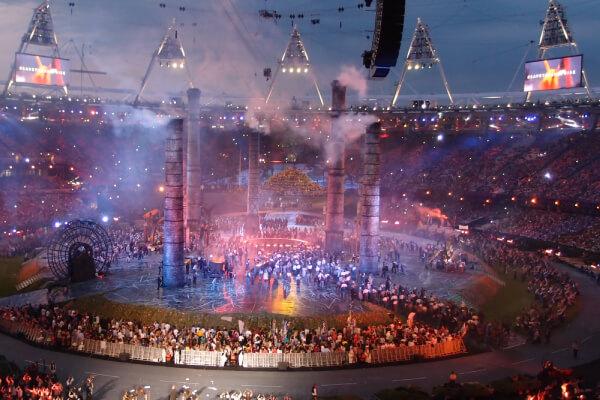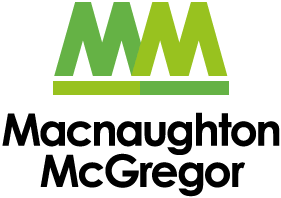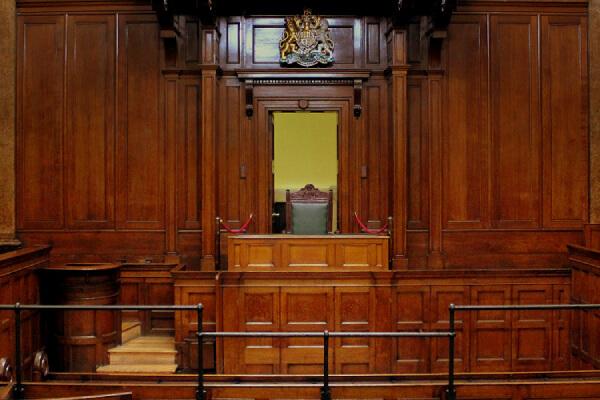Passing on the Baton

The 2012 Olympics is up there as one of the great events – what a spectacle, what performances from the world of sport’s inspirational elite.
And what about the organisation of the Games? We should rightly feel proud that the event put Britain so positively on the international stage as a country capable of pulling off such a success and on top of the visible success it also set new standards in health and safety.
Let this report refresh your memory… http://bit.ly/1LPDqzS
Can we learn from success? We’re rightly keen to learn from incidents and near misses – our very successful Incident Investigation course is testimony to how much learning there is to be gleaned when things go wrong (or almost do)… but can we apply the same rigour to the good stuff?
There’s often less urgency to do so of course and on top of that we perhaps are a bit “too British” about it and don’t like blowing our own trumpet, but let’s give it a go………..
To share our experience, in 2011 we, at 2macs, were delighted to be asked to work with the Board of Directors for London Organising Committee of the Olympic Games (LOCOG) to explore what it would take to ensure that the Games had an overarching culture of Behavioural Safety Training, permeating through all of the activities leading up to the Games and during the events themselves.
Rather than go into all the detail of what the organisation went on to do, let’s jump to the end game. Immediately after the Games, IOSH put out a statement outlining the five key lessons from a job well done:
- Lead from the top. The Olympic Delivery Authority set standards and also visibly engaged with the workforce to direct, motivate, and change behaviour by focusing on its long-term goals.
- Develop competent supervisors. Technically knowledgeable supervisors’ impact upon health and safety was important, as were communication skills to influence workers’ understanding and behaviour.
- Foster an open, positive safety culture. Safety was a dominating factor of the culture.
- Reward good behaviour. Incentives and rewards helped to promote and encourage safe behaviour, but positive feedback was the real reward in many cases.
- Review and learn. Problems were constantly reviewed and communicated across the organisation, and corrective actions were implemented.
Great points, I’m sure you’ll agree. So now here we are, 4 years on. How are we all doing in relation to those? It’s a pretty good blue print and it worked!
Rather than begin to write an Ad about how we help our clients to develop this strong foundation – as if we would! – it pays us all to review where we are against these criteria. What are the positive indicators in your organisation? What do you have in place that positively encourages each one of these factors? What is in place that makes it difficult or impossible for people to reach the standard?
Taking it a step further. What are you doing to share learning across your company or even sector? In Construction and Engineering there are some very large programmes with multiple suppliers who are already sharing learning, building a culture of open communication where problems are shared and reviewed regularly. These groups are publishing their findings and lessons for the future – step forward Crossrail and take a bow.
If they haven’t already, they are about to publish a progress report, outlining what has gone well on what is a remarkable project by any standards, but also what they struggled with and what they have learned. This is a great move by them and speaks of a cultural maturity we could all do well to measure ourselves against.
So, surely it’s now time for more of us to take the baton that was passed on in 2012 and set our own even greater standards. Share our experiences and lessons across the whole sector. We’d urge you to get out there into your myriad safety groups and meet your peers from other organisations. Take your stories and experiences and hard learnt lessons and pull the others over the line with you!







